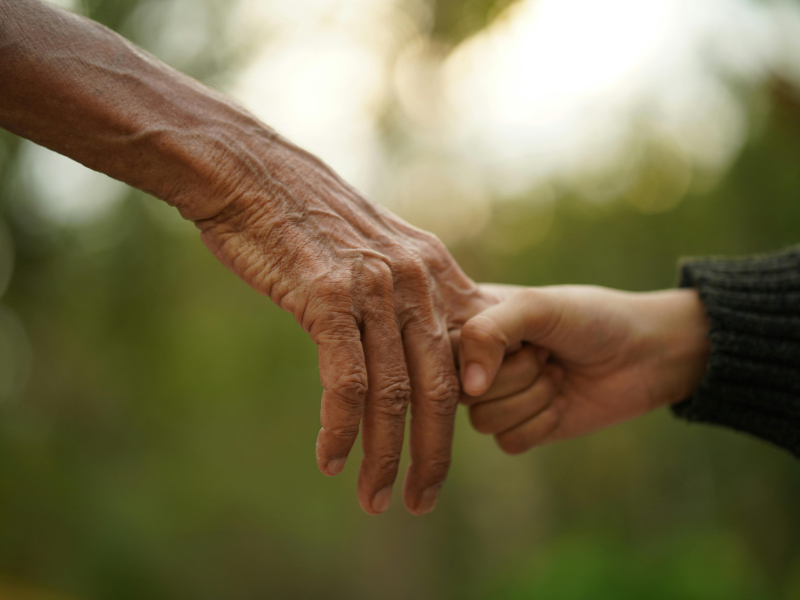
Step Into Wellness: The Power of a 15-Minute Walk
For South Asians, meals are more than just food—they’re a connection to culture, heritage, and loved ones. From comforting dals and crispy dosas to fragrant biryanis, our meals are a vibrant celebration of flavor and tradition. Yet, the nutritional composition of many South Asian dishes—rich in carbohydrates, fats, and refined grains— can affect digestion, blood sugar levels, and heart health over time.
What if there were a simple, enjoyable way to balance these effects? There is—and it only takes 15 minutes! Walking after a meal can improve digestion, stabilize blood sugar, and even boost heart health. Building in time to connect with loved ones over a stroll, this habit blends seamlessly into a South Asian lifestyle, aligning with the value we place on family and community.
Why Walk After a Meal?
Walking is one of the most accessible, low-impact forms of exercise. After a meal, it offers remarkable benefits by engaging your muscles, which use glucose for energy. This helps prevent the sharp blood sugar spikes that often occur after carbohydrate-rich South Asian meals.
Here’s how it works. When you eat, your body breaks down carbohydrates into glucose, which enters your bloodstream. For South Asians, who are genetically predisposed to insulin resistance, this can lead to higher blood sugar levels over time, increasing the risk of Type 2 diabetes. Walking activates your muscles, making them more responsive to insulin and allowing glucose to be absorbed efficiently.
Beyond regulating blood sugar, walking aids digestion by stimulating the gut to move food along, reducing bloating and that familiar post-meal sluggishness. It also supports cardiovascular health by promoting circulation and reducing the workload on your heart, a crucial benefit for those at risk of heart disease.
Getting Started: What Works Best?
Beyond the Basics: Surprising Benefits of Post-Meal Walks
Making Walking a Lifelong Habit
A Simple Step, A Transformative Impact
In South Asian culture, food is a symbol of love, joy, and community. Walking after meals doesn’t take away from this; it enhances it. By adding movement, we honor our bodies and invest in our long-term health.
This isn’t about drastic changes—it’s about small, sustainable steps. A 15-minute walk after your favorite South Asian meal may seem like a minor change, but its impact on your digestion, blood sugar, and overall well-being is profound.
Let’s take that step together. After all, the journey to better health begins with one mindful choice at a time.
Here’s to walking toward a healthier, more vibrant life.
About the author:
Vandana Sheth, RDN, CDCES, FAND
Registered Dietitian Nutritionist | Plant-Based Nutrition & Diabetes Specialist
Passionate about helping people thrive with nourishing, sustainable, and culturally inclusive nutrition.











